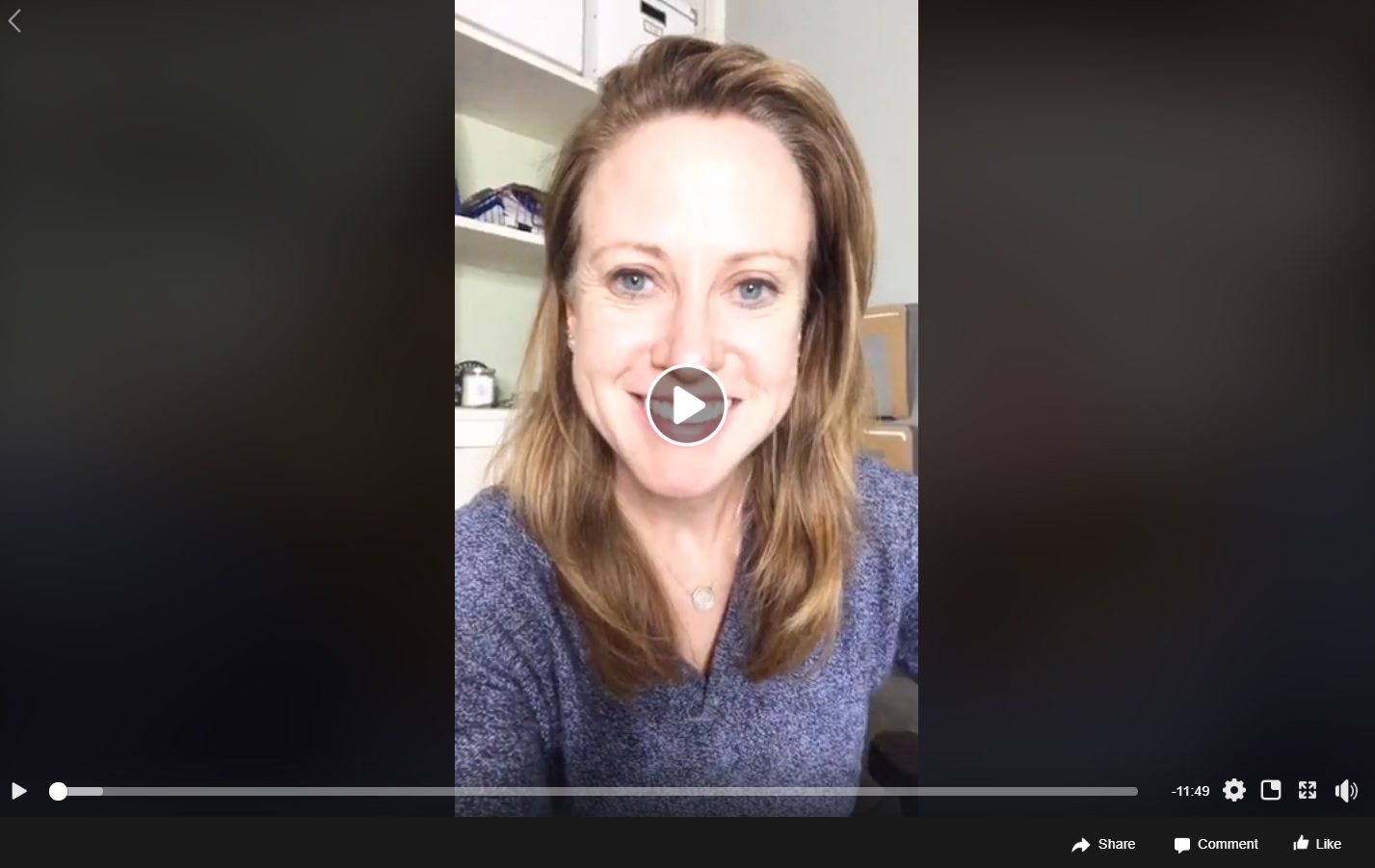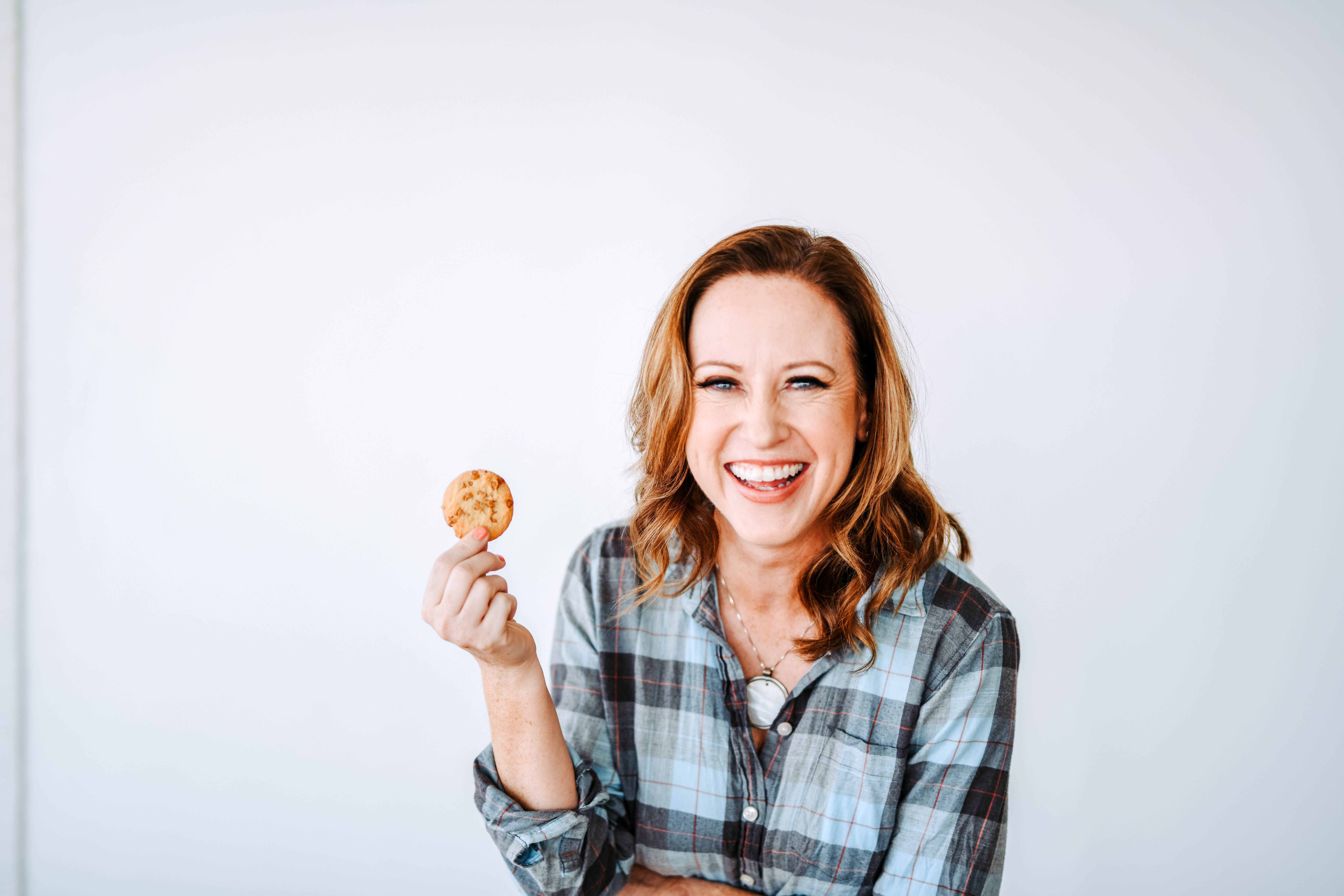Yesterday I jumped on Facebook to go live about one of the main reasons why we are so confused when it comes to nutrition information. It really comes down to being able to differentiate between what is nutrition science and what is nutrition belief. I listed my notes below but click the image above for the full video!
Last week there was an excellent blog in Precision Nutrition called Nutrition is Not a Belief System by Dan Garner. It is an excellent article and I hope you can make the time to read it in full. I always like to share awesome and reliable nutrition resources, and Precision Nutrition is one of the best out there. Be sure to check them out!
One of the points Mr. Garner begins with is if you search for nutrition information on the internet, you will come up with millions upon millions of results. No wonder we are all so overwhelmed, right?
However, once you dig a little, you will find most of these results are based on beliefs. Or the experience of one person who is sharing their success. That is great for that person, but the information they are sharing isn’t quite proven. As Mr. Garner continues, nutrition isn’t a belief system, it is a science. Still, we tend to ingest these beliefs as fact.
What if we did that in other areas of our lives? What if you went to the doctors to get birth control, asked how effective it was and the doctor said, “Well, my cousin used it and here is a picture of her and she’s not carrying a baby so it must work!” You would just believe her, right? NO! You would not put that put that pill in your mouth.
Or if you went to buy a car and asked if the brakes worked and they said, “Well we didn’t test this model but there was a single test done on a car that was also blue, so we think we are good!” You would not get into that car!
Yet we do that with food and diets all the time. We absorb things as fact that are just beliefs.
So why is this? There are two reasons:
- When we talk about nutrition, we typically mean weight and health. Two very emotional topics. When we are driven to take action we have usually gotten to a point where we are either pissed off or scared. That can make us act from a punitive or desperate place.
- We lack a foundational knowledge that allows us to decide what information to take in and what to pass by. A foundational knowledge gives you confidence that no matter what, you can figure it out.
Let’s talk more about that. Sometimes we think that control or perfection gives us confidence. That’s not quite true. Real confidence comes from knowing that you have the foundational knowledge to figure things out.
As an example, you are probably fairly confident that you can drive. If I tasked you with getting from point A to point B, you could get there. Some of you may use Siri, some may use a map, some may use instinct, but still you feel confident that you have the skills necessary to get there.
et’s say you are driving and everything is going as planned and then there is a road closure. Do you quit? Do you freak out? Do you think that because it’s not under your 100% control everything is ruined? Or lump it in with every other road closure you have ever seen and use it as evidence you will never get to point B?
No, you adapt. You may be bummed and it may take longer but you have the foundational skills necessary to still make it to Point B. This is where confidence comes from. In fact, if you thought driving confidence came from complete control or perfection, you would probably never leave the house!
So what does a foundational knowledge of nutrition look like?
It needs to be based in science. You don’t a masters in nutrition, in fact that can cause even more problems (ask me about when I was in school, learning about nutritional deficiencies and 100% convinced my arm was going to fall off any second). You do need to understand basic truths about food and hunger. In my practice a lot of the things I see that we misinterpret as emotional eating or cravings is actual hunger. Understanding what is really happening allows you to solve that hunger and build confidence.
It needs to show you how to apply the knowledge in real life. Again this isn’t about control but rather a robust solution that teaches both responsibility and flexibility. Remember, information is only useful if you can apply it. If you can’t it’s just clutter and overwhelm.
Finally, it needs to understand that although nutrition is a science, eating is a behavior. It is social, it can be emotional, it is pleasure, it is ritual, and it can be dysfunctional. So a foundational education needs to tackle not only why we eat, how we do it, but also how we relate to and think about it.

But even if the Hunger Solution isn’t for you, I want you to build a complete foundational education so you can be confident that, no matter what, you can get from point A to point B.
The tricky thing is, most things that are presented to us are incomplete. Here are some examples:
- You are reading an awesome book about nutrition and brain science…but you don’t know how to actually use that information.
- You love having your meals delivered and feel great, but you don’t know why it works or how to do it when you are on your own.
- You are diving into your emotions and understand when you are eating emotionally but you don’t really understand what to do outside of those moments.
That’s not to say you need to scrap any of your hard work, in fact you should be proud that you are taking such powerful steps towards your health! Your next step is to figure out how to build on that.
Perhaps you feel like you know what to do and how to do it, but struggle with emotional eating. That is the missing link. Or you feel like you are good at following directions and don’t get derailed by emotions, but something is still off so you need help with the science. Recognizing where your solution is lacking allows you to focus on that single portion and create something that is effective and sustainable!


